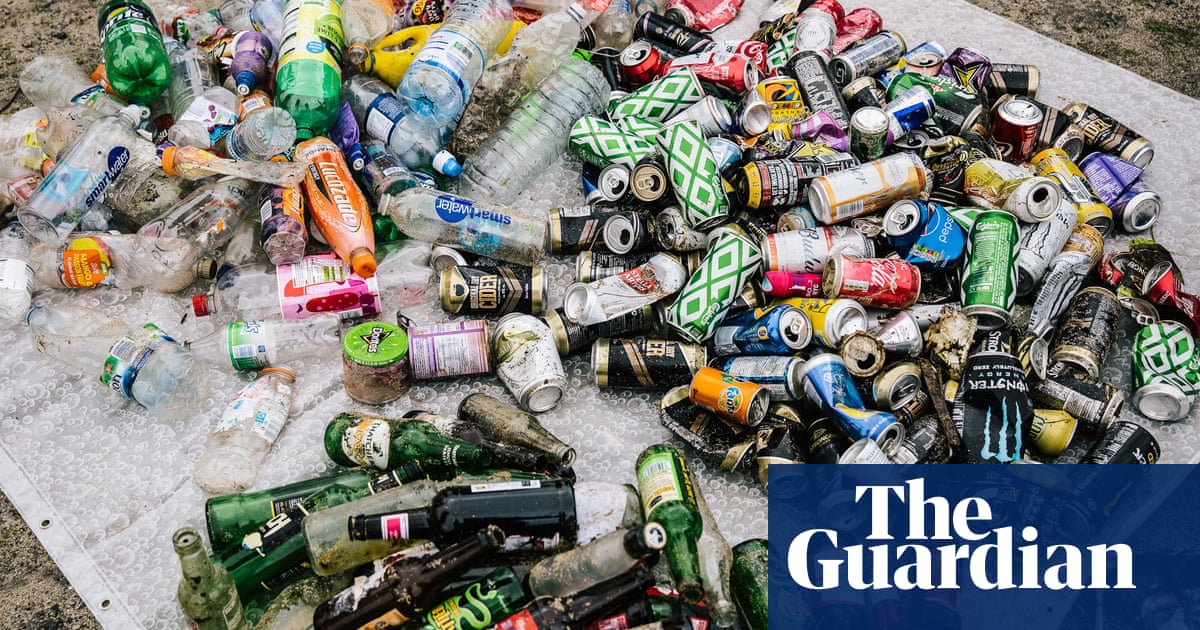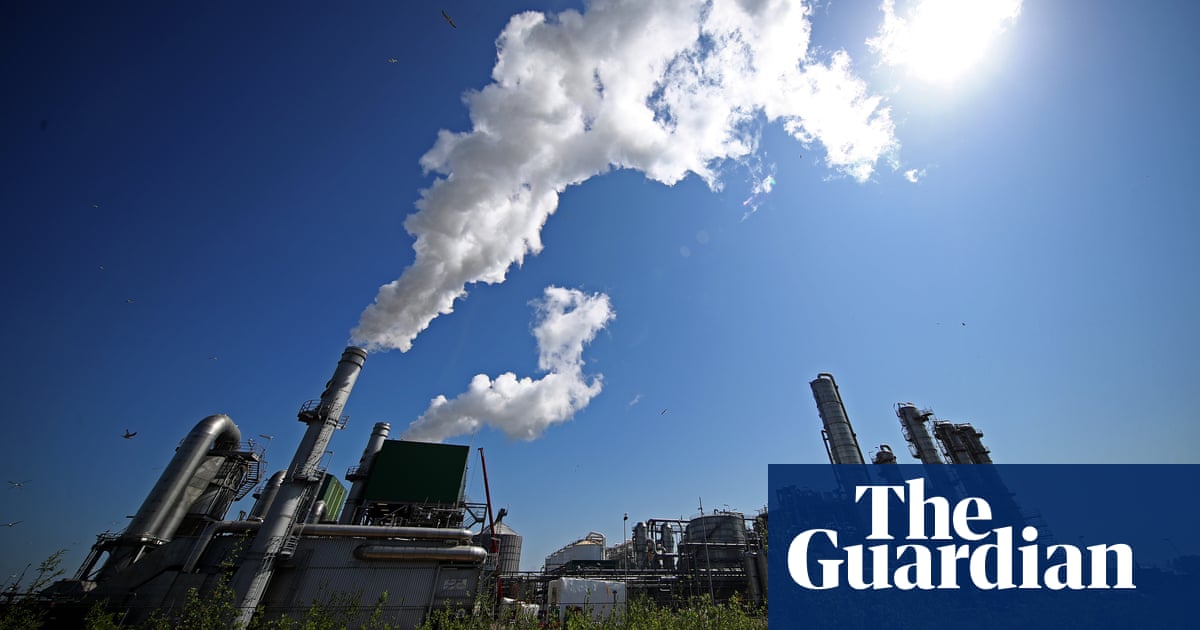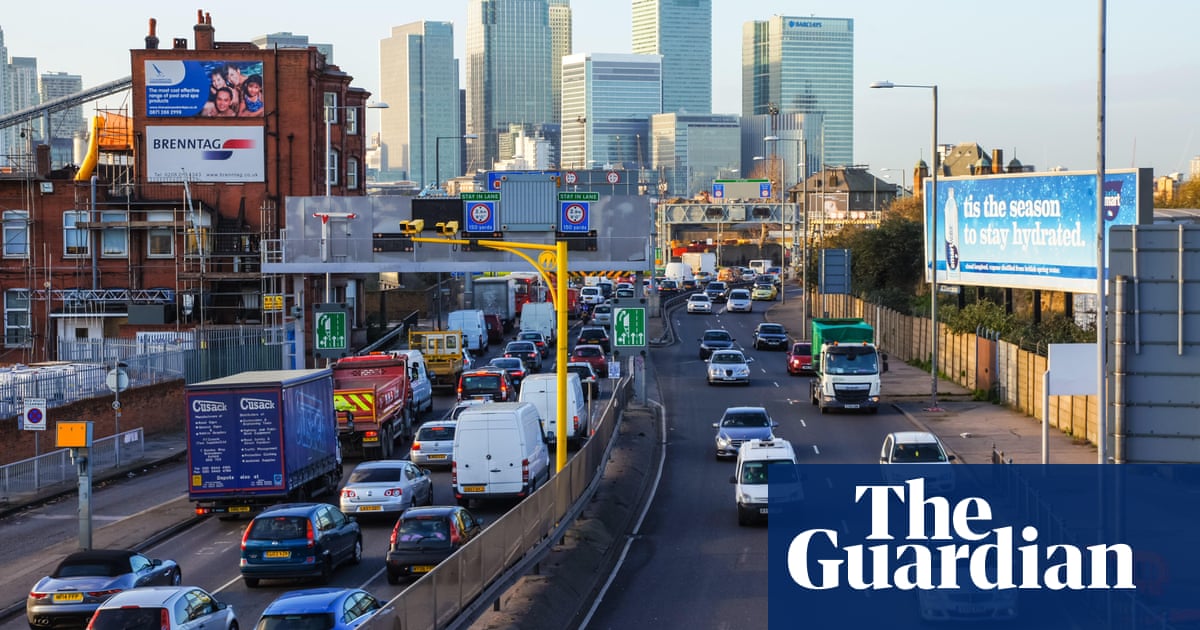
Wealthy white men from rural areas are the UK’s biggest emitters of climate-heating gases from transport, according to a study.
Research by the Institute for Public Policy Research (IPPR) looked at transport emissions by income, gender, location, ethnicity and age. The study broke down the transport emissions into international and domestic flights, private road transport and public transport.
Wealth
The richest 0.1% in Britain emit 22 times more from transport than low earners, and 12 times more than average. The data finds that income is directly linked to levels of mobility, with people who earn more than £100,000 travelling on average at least double the distance each year compared with those on incomes under £30,000.
Those in the most deprived 10% are responsible for by far the fewest emissions, though flying still makes up more than half of their total emissions.
Gender
Men are responsible for significantly more emissions from transport than women are.
Age
Emissions from flying peak between the ages of 25 and 35, according to the data, with the over-65s flying the least. Private road transport peaks in middle age, with the most emissions a year produced by 49- to 65-year-olds. Public transport emissions are highest among the young and decrease the older people get.
Location
People living in rural areas tend to emit more than those in urban areas. They emit more from driving, probably reflecting the reliance on private transport in many rural areas, which are often less well served by buses and trains.
Ethnicity
The study broke emissions down between “white British” and “non-white British” and found that per capita, white people tended to emit more through flights and private transport, and slightly less than non-white people on public transport.
In the UK, transport is now the largest source of emissions, and the report calls on the government to rapidly improve public transport, boost active travel and speed up the transition to electric vehicles.
It also calls for new taxes on private jets and reinstating the 2030 ban on petrol and diesel vehicles.
Maya Singer Hobbs, a senior research fellow at the IPPR, said: “Reducing emissions can actually tackle some of that injustice, if done fairly. But while not everyone needs to make the same changes, those who are financially best off need to do the most.”
Stephen Frost, a principal research fellow at the IPPR, said the study demonstrated who was best placed to cut their emissions and how to tackle the “underlying unfairness in who the transport system currently works for”.
“Now is not the time to slow down our efforts to reach net zero, doing so just fuels existing transport inequalities. The next UK government must step up the pace by delivering a credible, fair and people-focused plan for more sustainable travel.”












